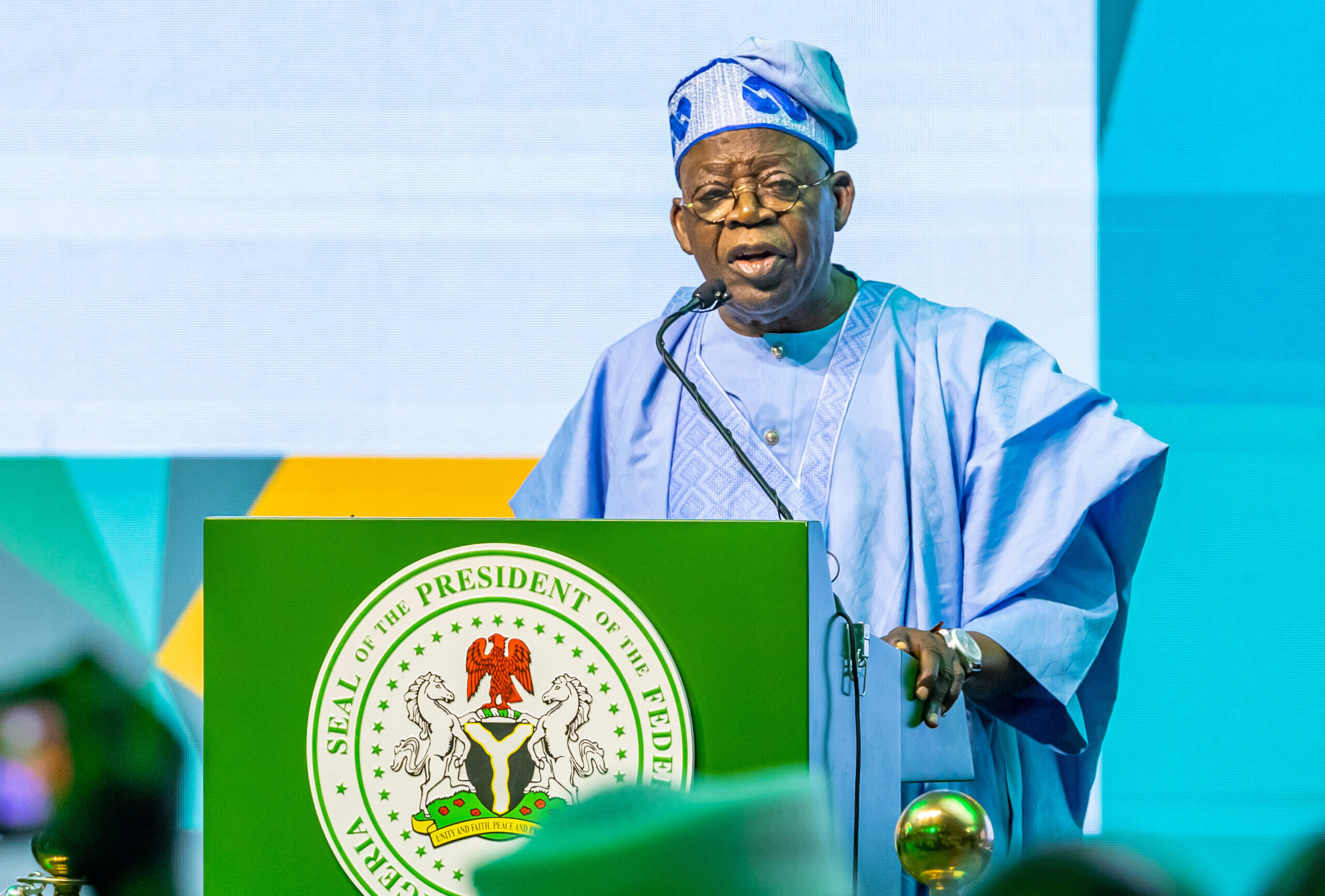Nigeria’s Bold 15% Fuel Import Tariff: A Game-Changer for Dangote Refinery and Global Gas Prices?
In a move that’s sending shockwaves through energy markets, Nigeria’s President Bola Tinubu has greenlit a 15% import duty on petrol and diesel, aiming to supercharge local refineries like the massive Dangote facility. This policy, announced just yesterday, could reshape Africa’s largest oil producer’s fuel landscape—and yes, it might even nudge U.S. pump prices in unexpected ways.
The tariff, applied to the cost, insurance, and freight (CIF) value of imported premium motor spirit (PMS) and diesel, takes effect immediately. According to a presidential memo reviewed by Reuters, the goal is straightforward: make imported fuel pricier to give homegrown refiners a fighting chance. Nigeria, the continent’s top crude oil exporter, ironically imports nearly all its refined products due to underutilized domestic capacity. Enter the Dangote Refinery, a $19 billion behemoth in Lagos that’s finally ramping up production after years of delays. Presidency officials say this duty will “tilt the market” toward local players, fostering jobs and industrial growth.
Bayo Onanuga, Tinubu’s special adviser on information and strategy, defended the decision in a statement Thursday. “This isn’t about short-term pain; it’s about long-term energy independence,” Onanuga told reporters. “Fuel prices will eventually moderate as local refining scales up, reducing our vulnerability to global volatility.” He pointed to the Dangote plant’s capacity to process 650,000 barrels per day—enough to cover Nigeria’s domestic needs and export surplus.
Economists offer a more nuanced take. Dr. Aisha Bello, an energy policy expert at Lagos Business School, welcomes the push for self-reliance but warns of teething issues. “In the near term, this could hike retail prices by 5-10% as importers pass on costs,” Bello said in an interview with Bloomberg. “But if Dangote and modular refineries hit full stride, we could see stabilization by mid-2026.” Public reaction on social media is split: Lagos commuters vent frustration over potential fare hikes, while industry groups hail it as a “win for Nigerian ingenuity.”
For American readers, the ripple effects hit closer to home than you might think. The U.S., a net oil exporter, still feels the pulse of global markets—Nigeria supplies about 10% of U.S. crude imports. Any boost to African refining could ease worldwide supply pressures, potentially softening gasoline prices at stations from California to New York. Analysts at Argus Media note that if Nigeria cuts fuel imports by even 20%, it might free up more refined products for export, indirectly benefiting U.S. refiners facing their own margin squeezes. Think lower costs at the pump during holiday travel season, or steadier energy bills amid election-year inflation worries.
This policy arrives amid broader reforms under Tinubu’s administration, including subsidy removals that doubled fuel prices earlier this year. Yet, with global oil hovering around $75 per barrel, the timing feels prescient. Vanguard News reports the duty aligns with recommendations from the Nigerian National Petroleum Company (NNPC), which has long advocated for “true market pricing” to wean the country off imports.
Opposition voices aren’t silent. The Labour Party’s Peter Obi, a 2023 presidential contender, called it “another burden on the masses” in a tweet thread, urging safeguards for low-income households. Meanwhile, modular refinery operators in the Niger Delta praise the move, predicting 50,000 new jobs in the sector within two years.
As Nigeria navigates this pivot, eyes turn to implementation. Will the tariff truly moderate prices, or spark black-market woes? Early indicators suggest cautious optimism: Dangote Industries shares ticked up 2% on the Nigerian Exchange yesterday.
In wrapping up, this 15% fuel import duty underscores Nigeria’s quest for refining autonomy, with Tinubu’s team betting big on local capacity to deliver cheaper, stable energy. For the U.S., it’s a reminder of our interconnected oil world—watch for subtle shifts in gas trends that could ease your wallet just in time for Thanksgiving drives. The global energy chessboard just got more intriguing.
By Mark Smith
Follow and subscribe to us for push notifications on the latest energy news—stay ahead of the curve!
Nigeria fuel import duty, 15% petrol tariff, Dangote refinery boost, Tinubu energy policy, global gas prices impact, African oil market, US crude imports, fuel price moderation, local refining Nigeria, energy security Africa
